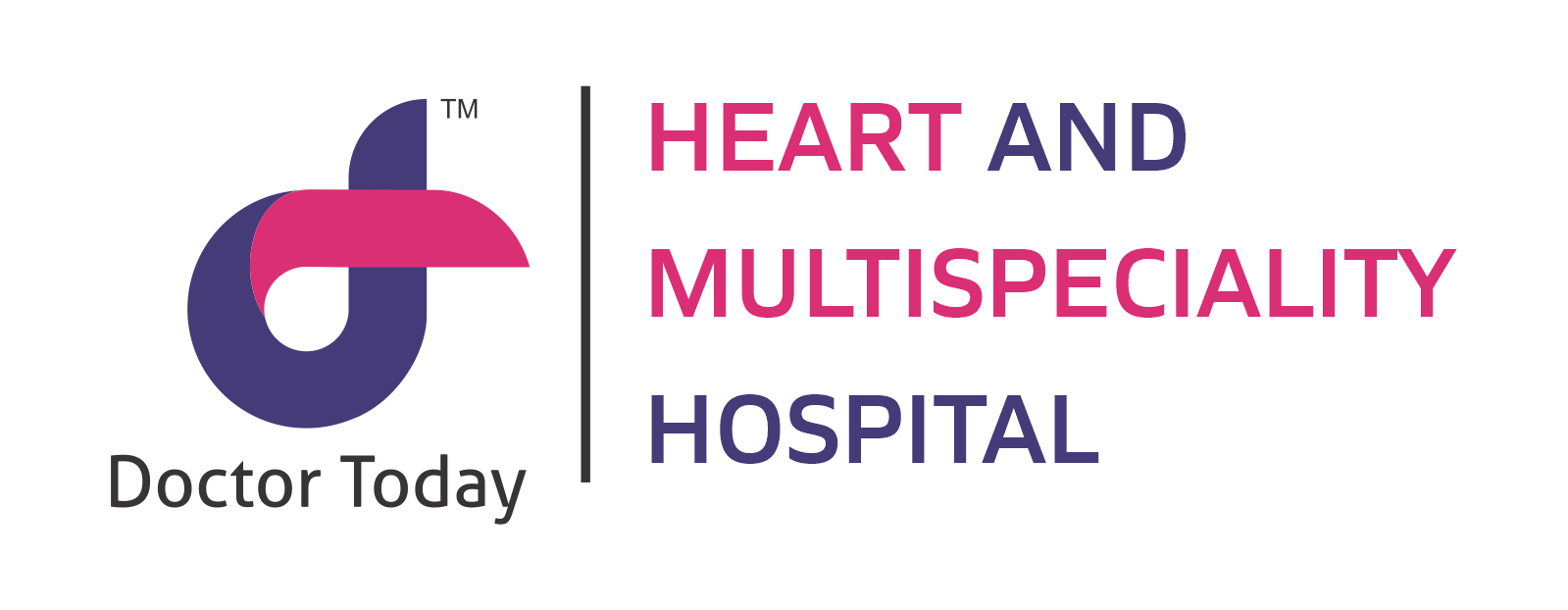Cardiology
Experience the best service backed by world-class Cardiologist at Doctor Today
Heart diseases such as heart attack, congestive heart failure, congenital heart disease, and coronary heart disease are the leading cause of death for men and women in every part of the globe. At Doctor Today, we specialise in the treatment of heart disorders and ailments, making sure that all your cardiological needs are taken care of with the best-in-class treatments and state of the art services available.
With highly qualified and trained experts, our cardiology team at Doctor Today has made incredible pioneering advances in the field of cardiological procedures and treatments at an incredible pace and an overwhelming success rate in the past few years.
We at Doctor Today believe in providing the best to our patients, which is why we offer the most advanced treatment and facilities to our patients, some of which include the following:
Diagnostic Electrophysiology Studies
Catheter Ablation of Arrhythmias
Lead Extraction
Cardioversion
Resynchronization therapy for heart failure
Transtelephonic arrhythmia monitoring
At Doctor Today, we offer treatment for the following heart disorders
Lorem ipsum dolor sit amet consectetur adipiscing elit sed do eiusmod tempor incididunt.
- Cardiovascular disease
- Myocardial infarction
- Coronary Artery Disease
- Angina Pectoris
- Cardiomyopathy
- Heart Arrhythmia
- Heart Failure
- Atheroma
- Atrial Fibrillation among many others
Cardiology - FAQ's
Why would you be referred to a cardiologist?
What are the different kinds of cardiology tests?
Cardiology is the study and treatment of the disorders that affect the heart and blood vessels. If you are experiencing heart disease or are at risk of it, then your cardiologist will prescribe some tests that will help them diagnose and treat your condition. Some of the common tests carried out are:
Electrocardiogram (ECG): This test will record the electrical activity of the heartbeat. This will help the doctor determine if the activity is normal, slow, fast or irregular. It also helps them understand if any part of your heart is under strain and is being overworked.
Ambulatory ECG: Records the heart’s rhythms while the person is engaged in a physical activity like running or walking on a treadmill. Small metal electrodes are stuck on the patient’s chest that help record the heart’s rhythm.
Stress test: This shows the heart’s activity when you’re exercising, and while you’re resting. This test will determine the limitations and performance levels of your heart.
Echocardiogram: Provides an ultrasound picture that displays the structure of the heart chamber and its surroundings. This is done to detect inflammation and infections in the heart valves.
What does a cardiologist do on the first visit?
Once you’re referred to a cardiologist by your primary care doctor, they will become a key player in your heart care. This means that they will manage your care for a long period and ensure that you get the right treatments according to your diagnosis. It’s necessary that on your first visit to the cardiologist, they are aware of your overall condition, the results of your tests, medical history, lifestyle, habits and the changes in your health over time.
Here’s a checklist of everything to keep in mind while you visit your cardiologist for the first time.
- Compile your personal health history
- Get copies of medical records
- Write down your symptoms
- Assess if anyone in your family tree has a history of heart disease
- Gather your test results if any and a list of medications you have been pr
- Make a list of any queries you may have for your doctor
At what age should you see a cardiologist?
The common notion is to see a cardiologist and have an annual physical examination when you get into the middle ages. However, a cardiac test is necessary only when you’re at risk of heart failure or experiencing chest pains (Angina). It is also a good idea to get checked if you suffer from risk factors such as high cholesterol, high blood sugar levels and high blood pressure.
Do cardiologists do surgery?

